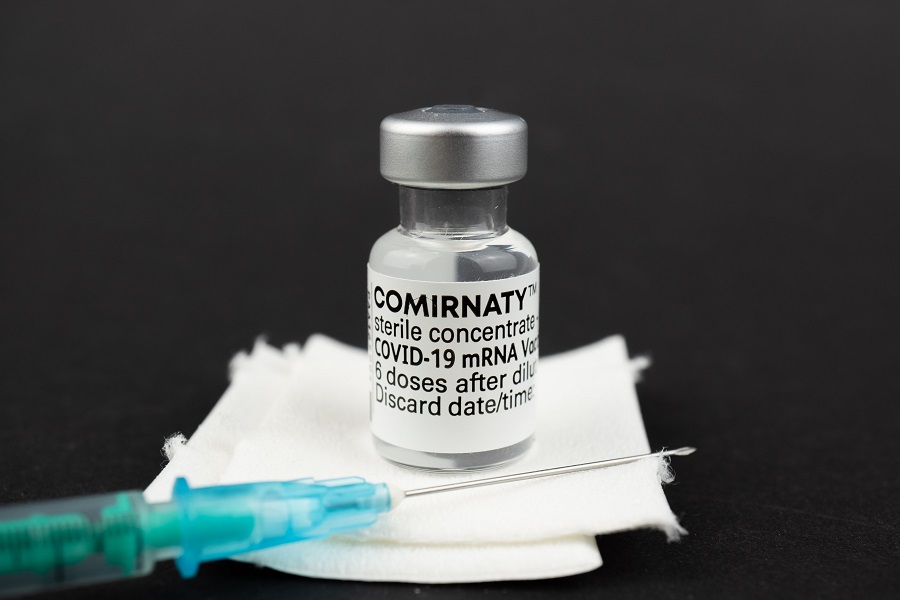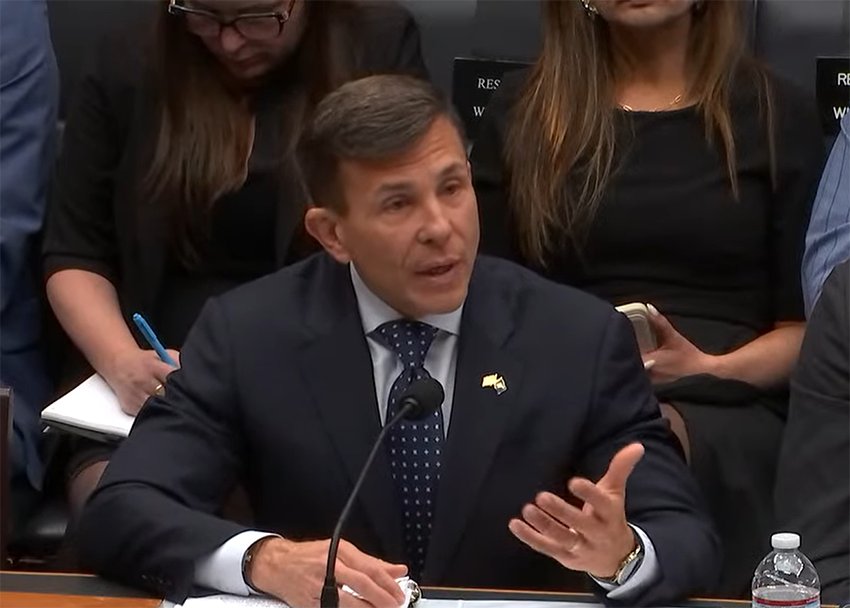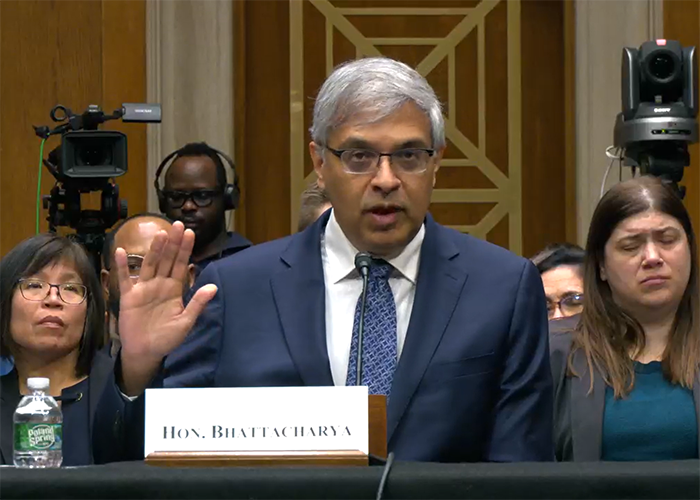One positive outcome of the COVID-19 pandemic is the advancement of mRNA technology, which is on track to help us create the next wave of vaccinations, treatments, and cures.
mRNA, or messenger RNA, is the technology behind the Moderna and Pfizer-BioNTech COVID-19 vaccines.
Astonishingly quickly for a new medication, according to MIT Technology Review, close to 670 million mRNA shots have been distributed in the United States in just two years.
This, however, is the result of “years of research on the core technology. Scientists and companies have been working on mRNA-based treatments and vaccines for decades,” explains MIT Technology Review.
mRNA developments
Moderna announced new mRNA advances, including a phase 3 study of a respiratory syncytial virus (RSV) vaccine.
Other recent developments include a quicker flu vaccine. As Bio.News previously reported, Moderna is working on a new mRNA-based flu vaccine with better adaptability and speed thanks to numerous candidates in phase 3 testing.
The second development is a potential cancer vaccine. Moderna reported in December that patients receiving their mRNA-based melanoma vaccine had a 44% decreased risk of cancer recurrence or death, when taken in conjunction with Merck’s Keytruda.
[embedyt] https://www.youtube.com/watch?v=wmnSXUqgi5Y[/embedyt]
In the meantime, BioNTech is starting new cancer vaccine studies, as well.
And last but not least: the hope to cure HIV. At least three mRNA-based HIV vaccine candidates have entered clinical trials since the outbreak of the epidemic, which, according to experts, has sped up HIV research by 5–6 years.
Recently, Moderna and CytomX Therapies established a new collaboration to create new therapeutics and vaccines for autoimmune, cardiovascular, rare, and infectious disorders, based on mRNA technology.
Moderna has 48 programs in development, including 36 in ongoing clinical studies, and is increasing R&D investment to an expected $4.5 billion for 2023, per today’s announcement.




